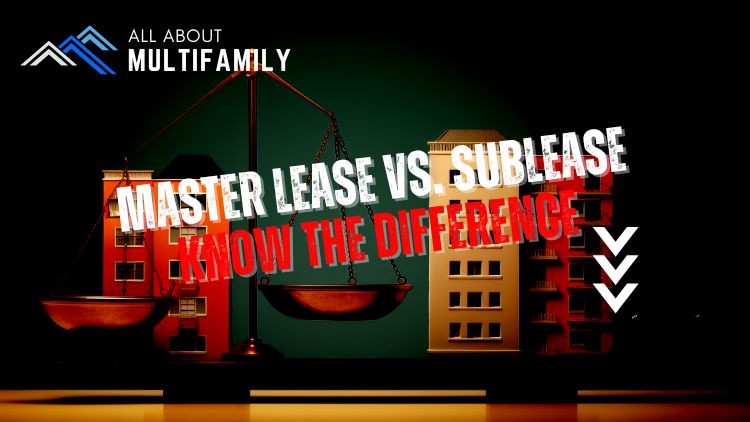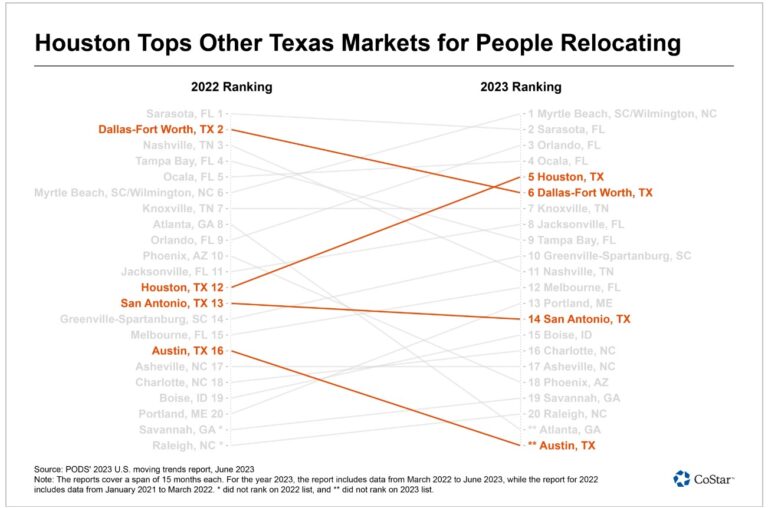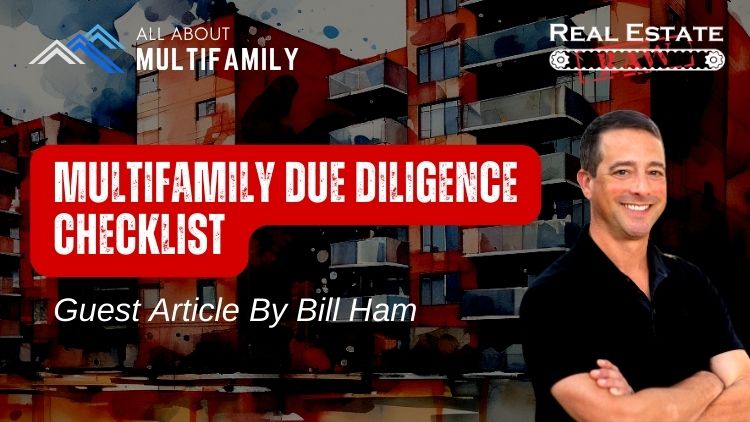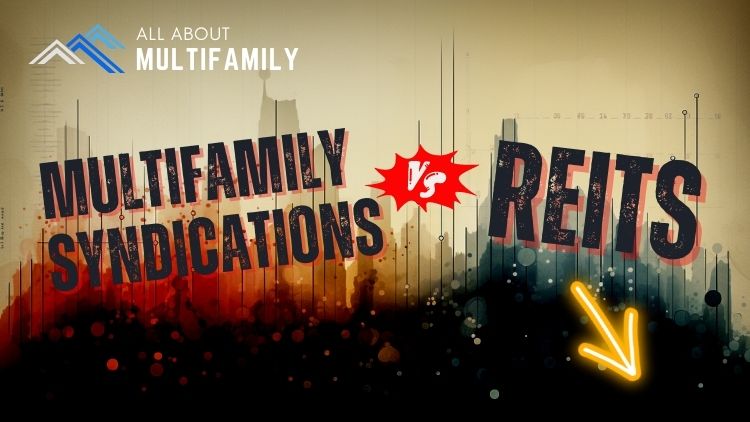Navigating California Landlord-Tenant Regulations
California, the most populous state in the U.S., boasts diverse cities, a vibrant culture, and high rental demand. With its appealing climate and abundant amenities, it’s a prime destination for property investors. While the cost of living is higher, the allure of California’s offerings and affordable rental options remains strong.
In the ever-evolving landscape of rental regulations, it’s vital to stay informed. Here’s an overview of California’s landlord-tenant laws, ensuring you’re well-equipped to navigate the dynamic rental market.
California Renters’ Rights and Landlord Responsibilities
- Security Deposit Return: Landlords must return the security deposit within 21 days of a tenant moving out. If this deadline isn’t met, landlords must provide an explanation letter with a list of deductions, remaining deposit (if applicable), and receipts for deductions.
- Rent Increases: Effective January 2020, rent hikes are limited to 5% plus the local inflation rate within a year. New tenancies can have any rental rate; these caps apply to existing tenants only.
- Eviction Filing: As of January 2020, updated eviction laws mandate stating the reason for eviction in the notice. A preliminary warning is required for tenants to address issues. For no-fault evictions, one month’s rent is to be provided as relocation assistance.
- Entry Notice: Landlords must provide 24-hour notice before entering the rental unit, except in emergencies.
- Rental Applications (Oakland only): Criminal background inquiries are prohibited, except for owner-occupied units.
California Landlords’ Rights and Tenant Responsibilities
- Late Fees: Reasonable late fees for overdue rent are enforceable if specified in the lease.
- Property Maintenance: Tenants must maintain the property’s cleanliness and report issues. Landlords have 30 days from notification to address problems.
- Abandoned Property: Property is considered abandoned when the tenancy ends, and the tenant vacates the unit.
Criminal Background Checks
- Criminal backgrounds aren’t a protected class under federal law. However, basing rental decisions solely on criminal records could lead to discrimination charges against specific protected groups. Certain crimes (manufacture and distribution of drugs, homicide, stalking) allow application denial.
Tenant Screening Criteria
- California adheres to general federal law for criminal background checks. To avoid discrimination perceptions, ensure consistent, equal screening criteria.
Application Fee Laws
- The maximum application fee in California is $59.67 per applicant.
California Lease Agreement Disclosures
- Specific disclosures, like meth contamination, flood zones, and more, must be included in the lease agreement to render it valid or protect landlords from potential lawsuits.
Due Diligence and Consultation
Remember, laws can change, and local regulations may vary. It’s prudent to conduct thorough research and seek legal counsel when needed to navigate California’s intricate landlord-tenant landscape. Whether you’re a landlord or tenant, utilizing resources like online rental applications and tenant screening services can help streamline the process.
Disclaimer: We do not provide legal advice. This information is intended for informational purposes. Consult legal counsel for guidance and ensure compliance with all applicable laws.




































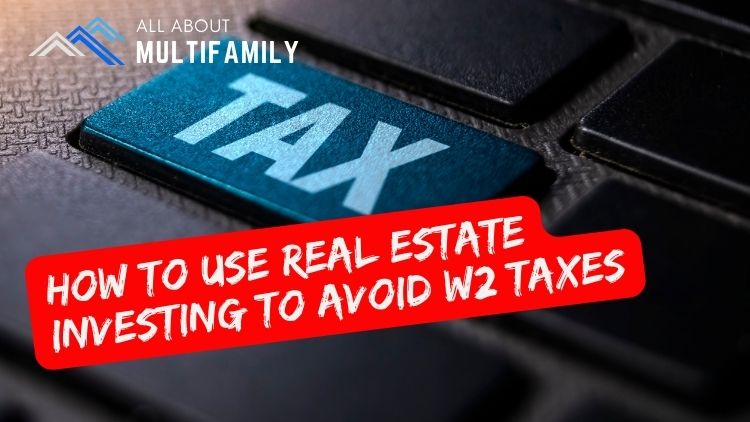









![An In-Depth Look at Jake and Gino's Coaching Program [A Review]](https://allaboutmultifamilyinvesting.com/wp-content/uploads/2023/10/AAM-BMP-Blog-Covers-750-×-422px-6.jpg)


![Email Marketing Tips for Multifamily Real Estate Syndicators to Raise Capital [Templates included]](https://allaboutmultifamilyinvesting.com/wp-content/uploads/2023/09/AAM-BMP-Blog-Covers-750-×-422px-4.jpg)






![The Richest Kids In America [Book Review]](https://allaboutmultifamilyinvesting.com/wp-content/uploads/2023/09/AAM-BMP-Blog-Covers-750-×-422px-84.jpg)


